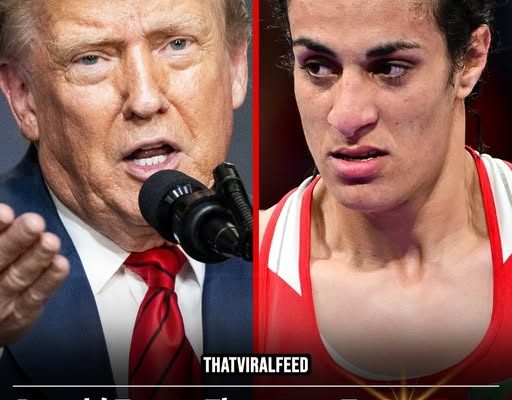During the previous Olympic Games in Paris, major controversy erupted involving Algerian welterweight boxer Imane Khelif and Taiwanese featherweight fighter Lin Yu-ting, casting a shadow over the event.
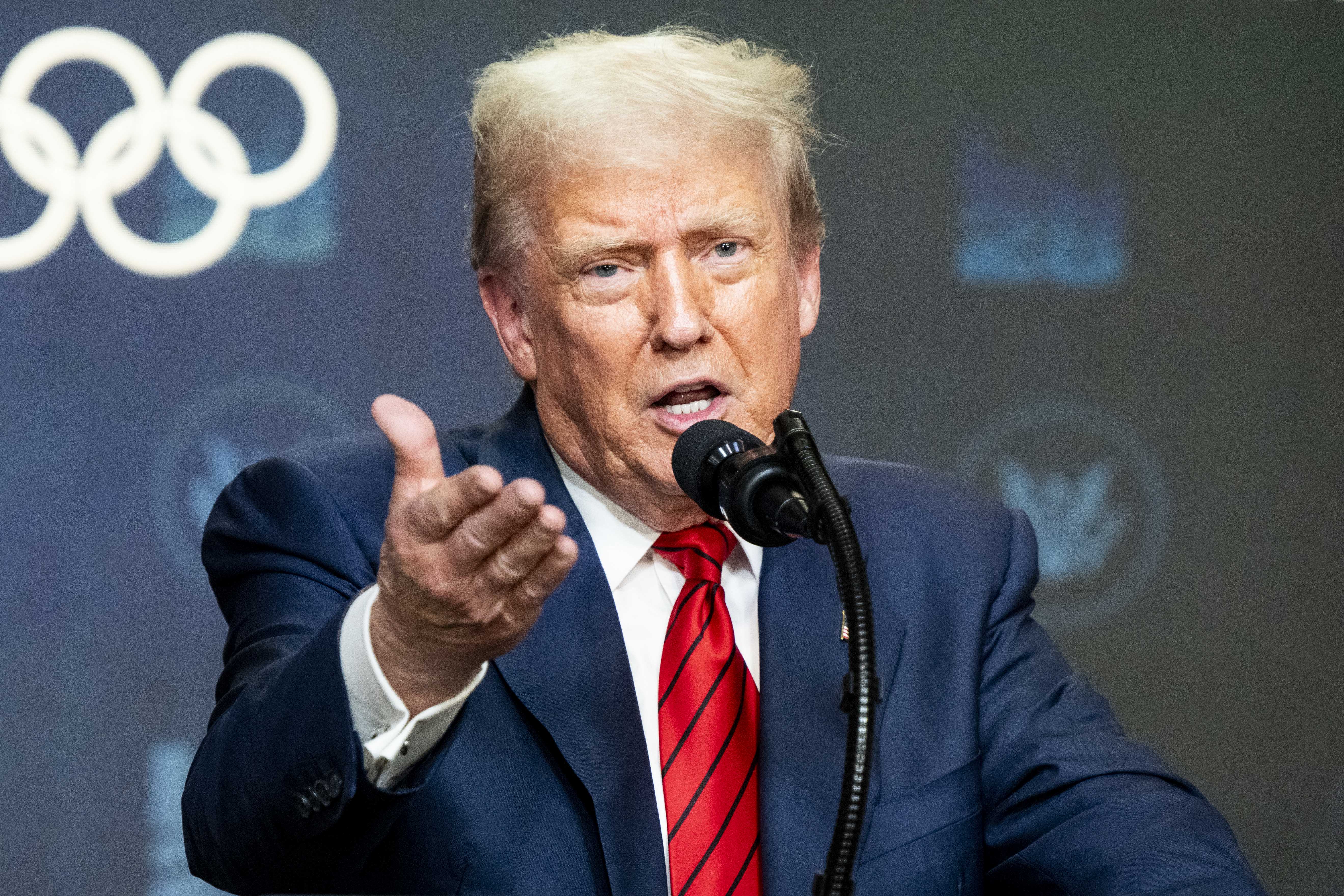
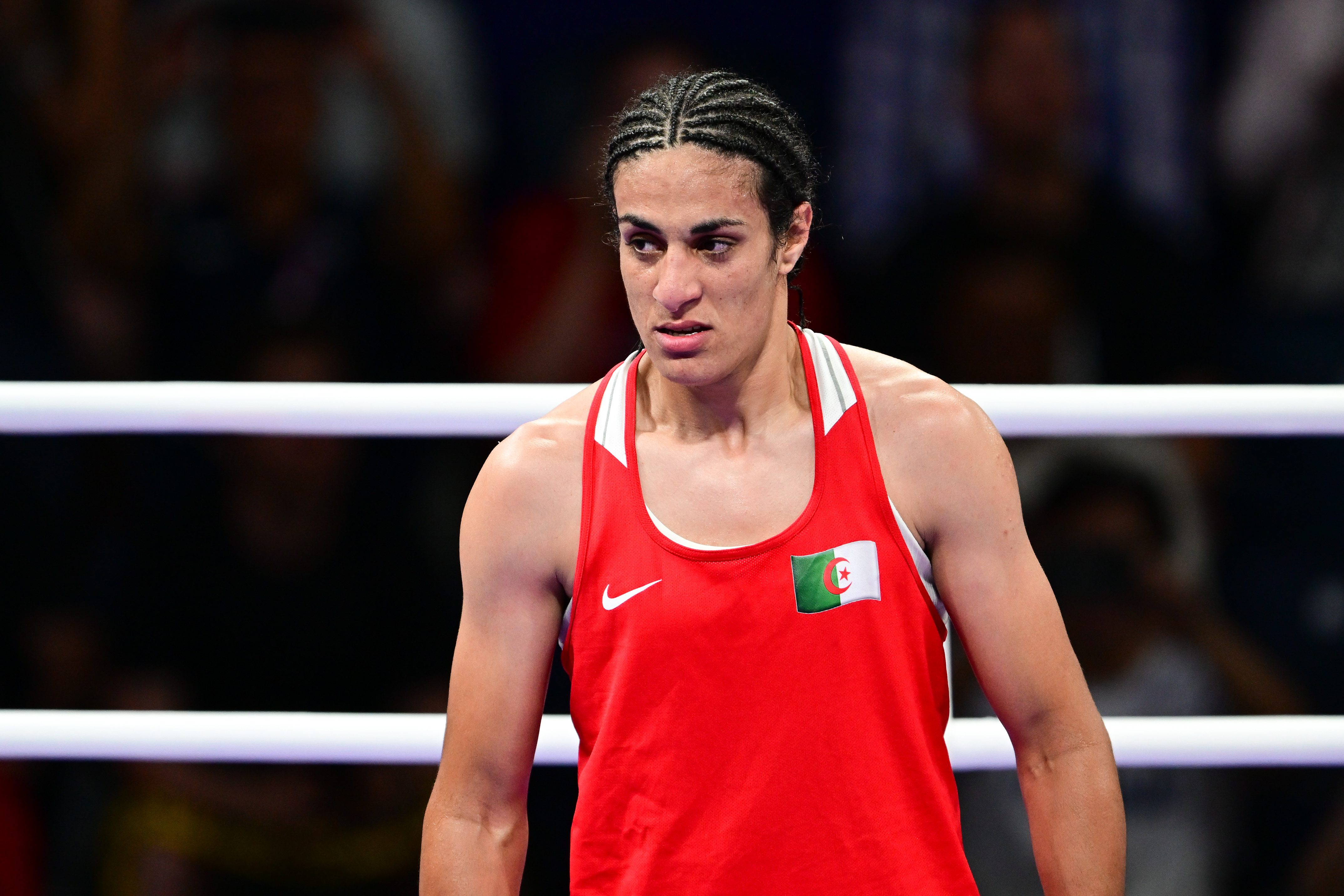
According to the organization, “This test conclusively indicated that both athletes did not meet the required necessary eligibility criteria and were found to have competitive advantages over other female competitors.”
To defend their stance, the IOC said “as with previous Olympic boxing competitions, the gender and age of the athletes are based on their passport”
At 79, Trump appears eager to take a front-facing role at the 2028 Games, much like he did during the Fifa Club World Cup, where he made several public appearances.
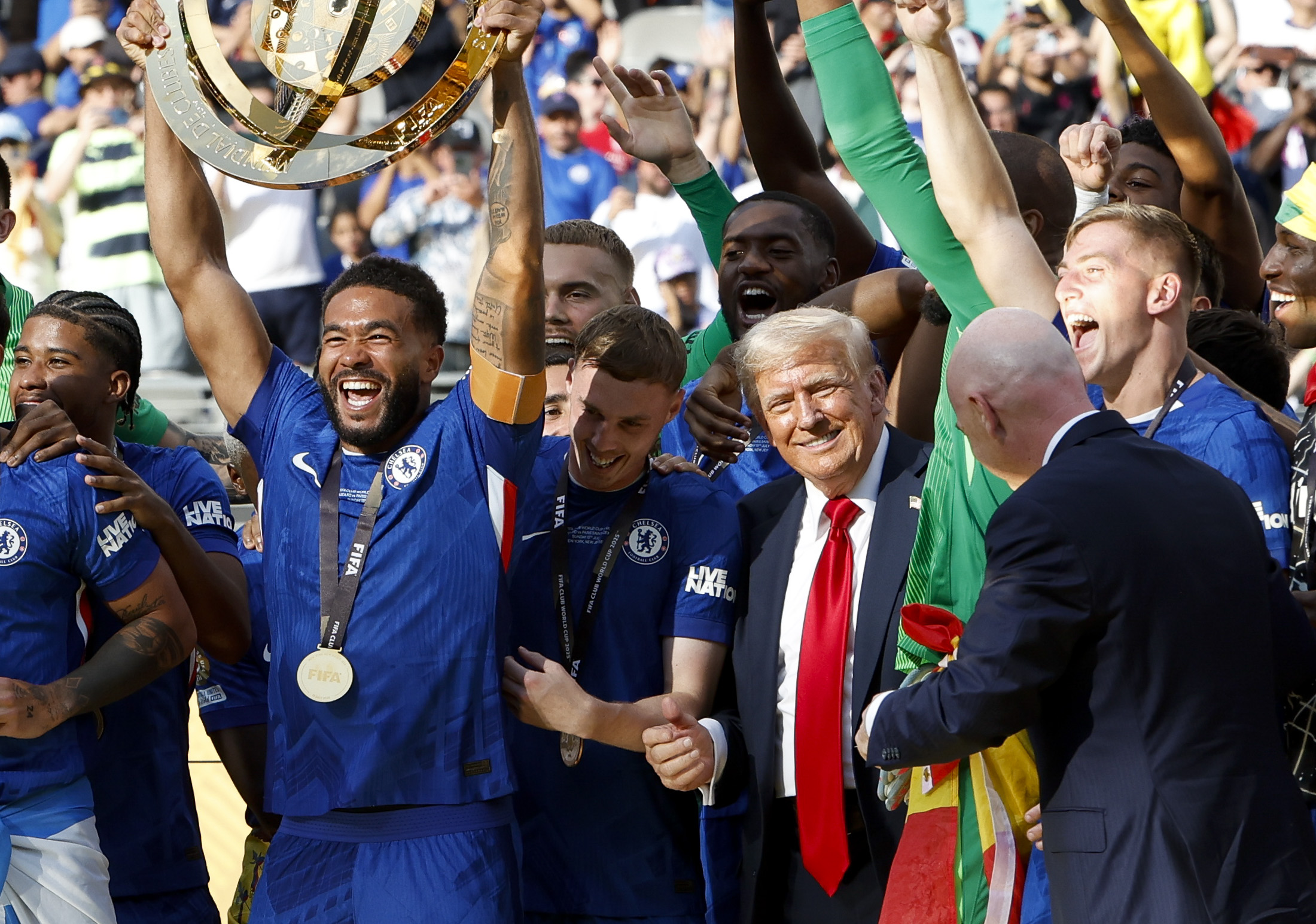
A female journalist raised a pointed question, asking: “On transgender athletes in the Olympics, back to the safety, especially of female combat boxers.”
“And secondly, would your administration consider genetic testing so that these people can actually prove that they are actually women competing?”
Trump responded by saying: “Well, I think there is going to be a very strong form of testing.”
“But there will be a very, very strong form of testing. And if the test doesn’t come out appropriately, they won’t be in the Olympics.”
In addition, Trump announced he would be forming a special White House task force, which he plans to lead personally. This group will oversee various aspects of the 2028 Olympics, which will mark the third time the Summer Games have been hosted in Los Angeles.
Recently, World Athletics declared that every female athlete will be required to take a one-time genetic test before being eligible to compete in next month’s World Championships in Tokyo.
This testing will involve two non-invasive options — either a cheek swab or a blood sample — and will be used to verify whether athletes can compete in the women’s category at professional sports events.
British Olympic stars like Keely Hodgkinson and Georgia Hunter Bell are among those who will need to complete the test before the Championships begin in Tokyo on September 13.
Supporters argue that clear rules help ensure all athletes are on a level playing field. But critics warn that such testing may target specific individuals or groups unfairly, especially in cases where gender identity or biological variation complicates the picture.
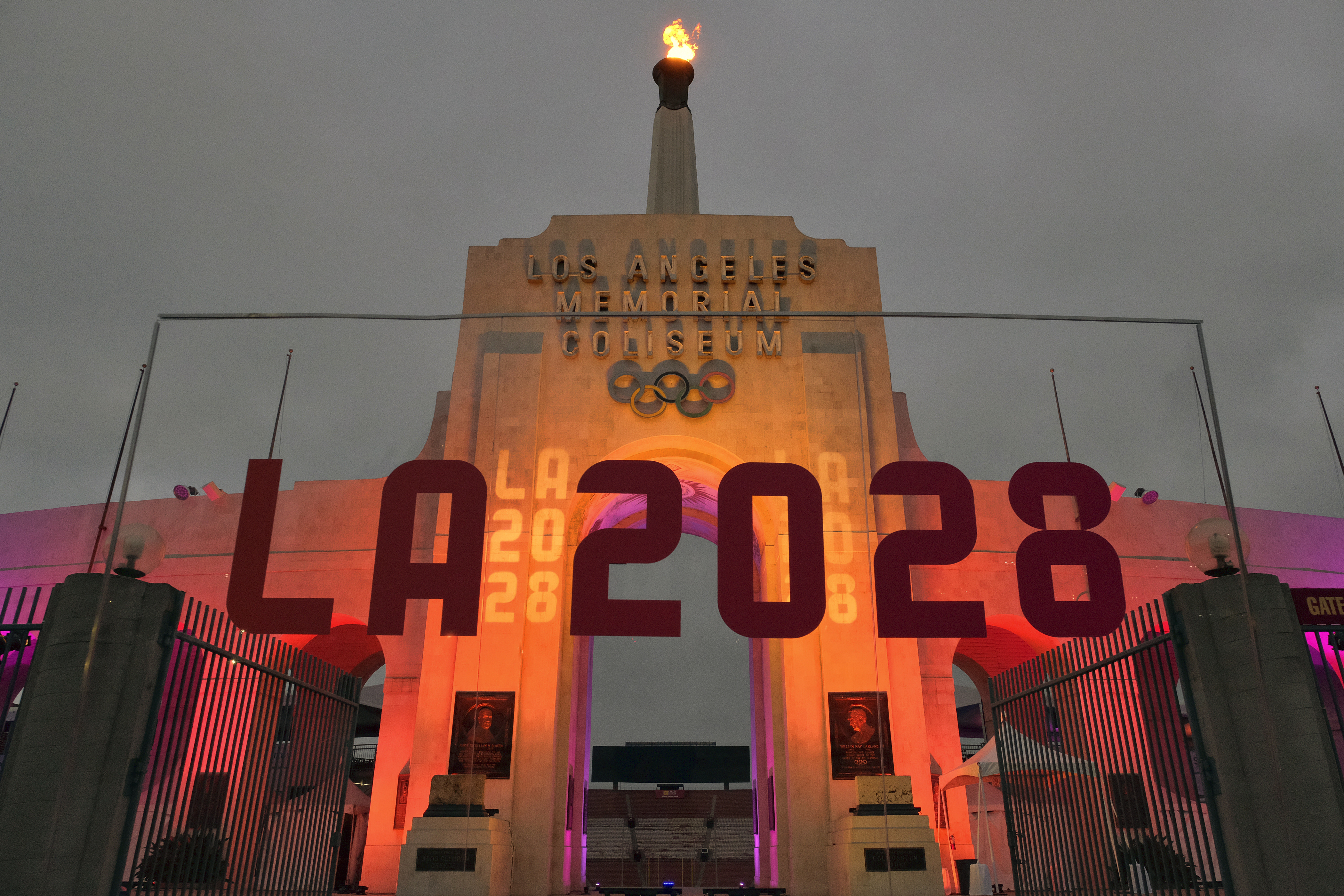
Ultimately, how these new testing rules are implemented — and who enforces them — will shape not only the Olympic Games but also the future of gender policies in professional athletics.
